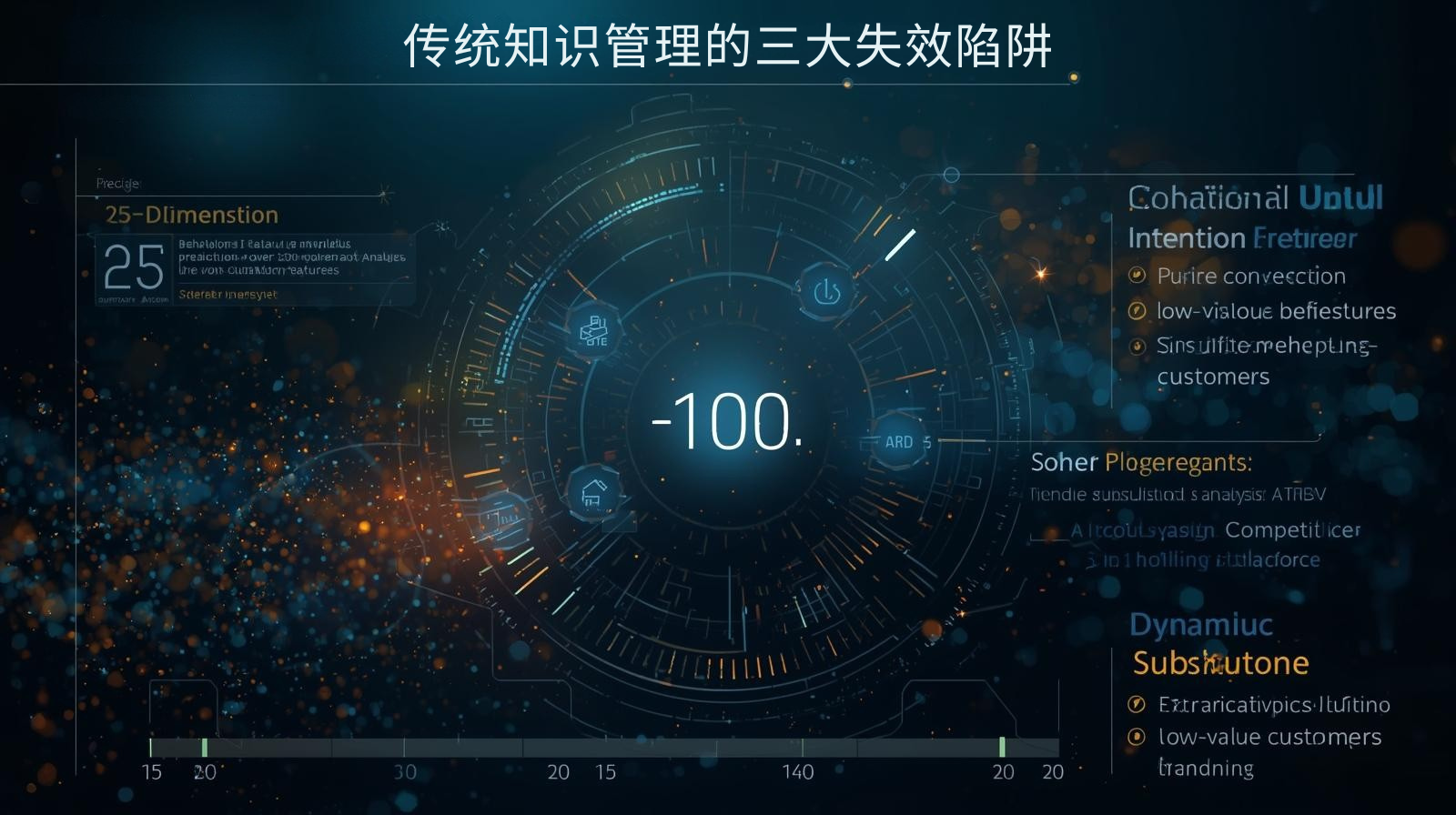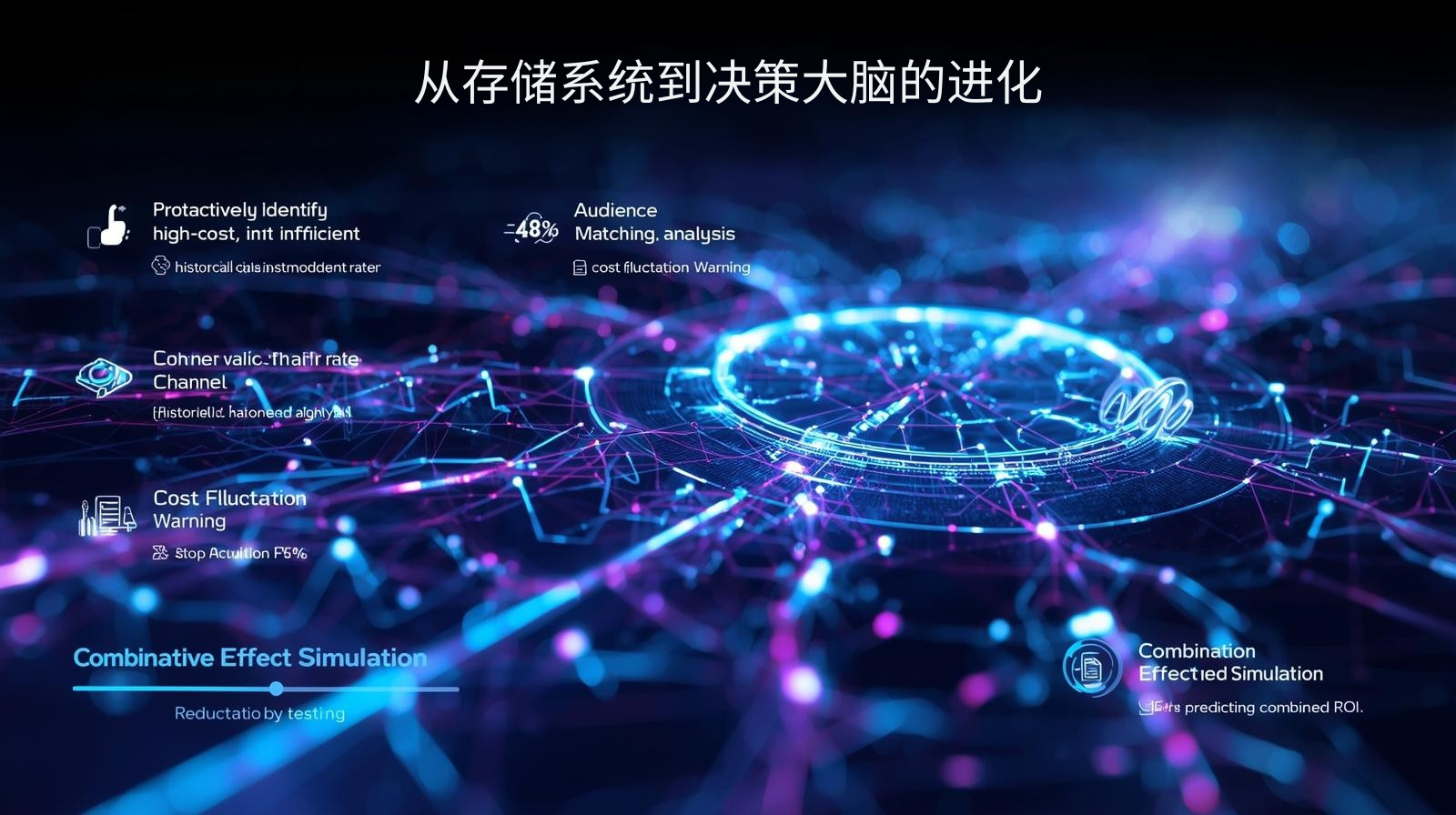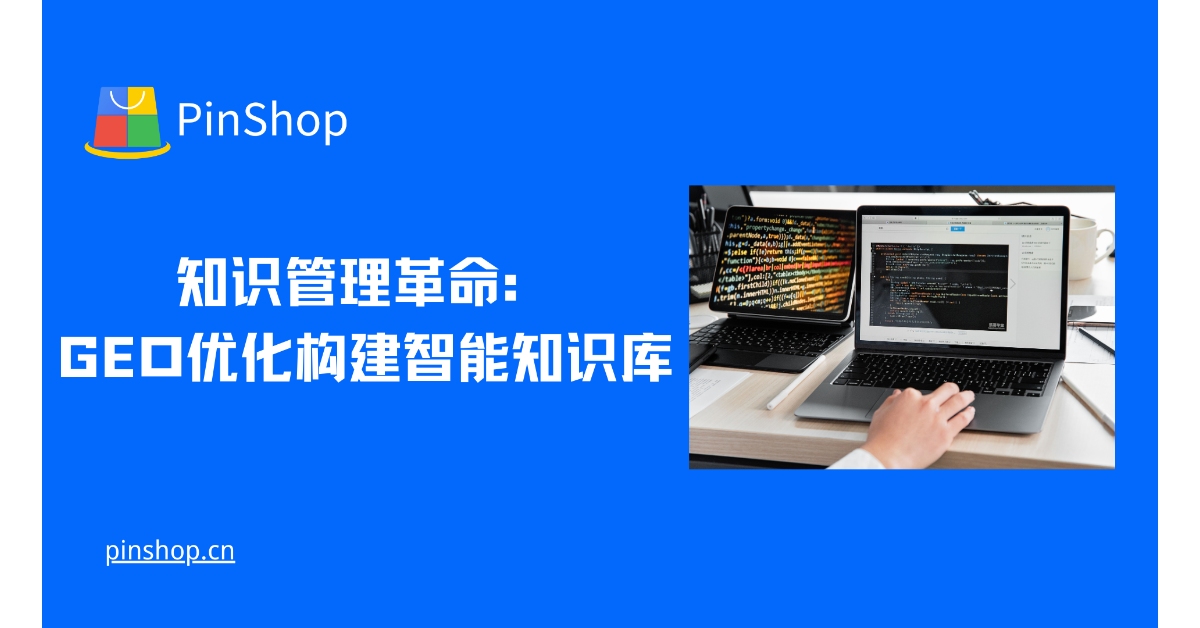Deloitte's "2025 Global Knowledge Management Trends Report" points out that enterprise knowledge bases using GEO optimization technology improve information retrieval efficiency by 600% and cross-regional collaboration efficiency by 320%. Data from a survey by the China Council for the Promotion of International Trade shows that foreign trade enterprises deploying intelligent knowledge systems have shortened employee training cycles by 55% and improved customer service response speed by 280%. Research by the Global Knowledge Science Consortium (GKSA) confirms that GEO optimization's technological breakthroughs in semantic analysis, cultural adaptation, and spatial association are reshaping the operational paradigm of enterprise knowledge assets. This transformation is not simply about digital storage, but rather a cognitive network that deeply integrates geographical dimensions, cultural context, and business scenarios through machine learning. Its core value lies in enabling knowledge to be delivered "to the right people, at the right time, in the right form."
 Three major pitfalls of traditional knowledge management
Three major pitfalls of traditional knowledge management
Traditional knowledge systems face structural challenges in a globalized environment. McKinsey's "Knowledge Transformation Efficiency Study" reveals that cultural barriers lead to 42% knowledge transfer distortion (a case study of a multinational corporation), geographical isolation causes 35% of experience to be unusable (manufacturing data), and static storage shortens the knowledge shelf life to 67 days (technology industry monitoring). A comparative analysis by the Global Information Management Association (GIMA) shows that knowledge bases without GEO optimization have a utilization rate of less than 28%. A medical device company, through a spatial tagging system, discovered that only 52% of clinical experience from Europe and the United States was applicable to the Asian market; after localization, product launch speed increased by 200%. Even more serious is the loss of tacit knowledge—a certain engineering company's practical experience in an African project could not be used in a South American project due to a lack of geographical annotation, resulting in a duplicate R&D cost of $1.5 million. The revolutionary aspect of GEO optimization lies in establishing a three-dimensional mapping of "space-knowledge-scenario," making tacit knowledge explicit, fragmented knowledge systematized, and static knowledge contextualized through correlation analysis of over 400 regional variables.
The four technological pillars of intelligent knowledge bases
The modern GEO (Geographical Origin and Environment) knowledge hub is a culmination of cognitive technologies. The "Spatial Cognition Engine" developed by the Stanford Knowledge Engineering Center (SKEC) includes core modules: a semantic geographic encoder (linking knowledge to spatial coordinates), a cultural context deconstructor (identifying expression paradigms across different regions), a knowledge network visualization (presenting cross-regional connections), and an adaptive recommendation system (pushing content based on geographic location). Data from the Global Association for Artificial Intelligence (GAAI) shows that this system improves knowledge discovery efficiency by 800%. After applying a 3D knowledge graph, a car group shortened the adaptation cycle of its German factory's process improvement plan to its Mexican factory from 6 months to 3 weeks. A key technological breakthrough lies in "knowledge DNA technology"—by deconstructing knowledge elements and adding geographic tags, a pharmaceutical company increased the reusability of its new drug application experience to 89% across 23 countries worldwide. Even more forward-looking is "spatiotemporal knowledge prediction"—by analyzing the propagation patterns of knowledge in geographic networks, a consulting firm accurately predicted the knowledge gap in Southeast Asia's digital transformation and prepared solutions three months in advance.
 Evolution from storage systems to decision-making brain
Evolution from storage systems to decision-making brain
The fundamental difference between a basic knowledge base and an intelligent system lies in the cognitive dimension. The "Knowledge Maturity Model" proposed by the MIT Cognitive Science Lab (MIT CSL) shows that GEO optimization elevates the system from L1 (data storage) to L4 (decision support): Spatial Knowledge Layer (building regional knowledge models), Real-time Perception Layer (absorbing local market data), Inference Engine Layer (generating regionalized suggestions), and Autonomous Optimization Layer (continuously improving the knowledge structure). Case studies from the Global Decision Science Alliance (GDSA) show that companies reaching L4 improve their strategic decision-making accuracy by 75%. A fast-moving consumer goods brand built a "Market Knowledge Cube," integrating consumer behavior data from over 200 cities, achieving a 92% accuracy rate in new product positioning. The core of this evolution is the "Neural Knowledge Network"—simulating the regionalized thinking process of human experts. A logistics company used this to increase its speed of solving regional operational problems to five times the industry average. Even more revolutionary is the "Collective Knowledge Emergence" mechanism, which automatically generates innovative solutions through cross-regional knowledge collisions. A design company used this to develop a new product series that blends Eastern and Western elements.
A continuously growing knowledge ecosystem
The hallmark of a top-tier system is the formation of a knowledge flywheel. UNESCO's *Knowledge Evolution Report* indicates that each round of GEO optimization can improve the predictive accuracy of the knowledge base by 22%. A multinational energy group's "Knowledge Metaverse" uses digital twin technology to simulate knowledge application scenarios in different regions, avoiding a $5 million decision-making error. A key breakthrough is "environmental knowledge perception"—by collecting real-time on-site data through IoT devices, a construction company dynamically adjusts its construction plans based on local climate differences, reducing project quality problems by 68%. These technologies collectively construct a vibrant, global knowledge organism, enabling companies to navigate knowledge change as easily as they adapt to the natural environment.
Pinshop Solution : We offer a complete cognitive technology stack: ✅ GEO Knowledge Graph Platform ✅ Intelligent Context Adapter ✅ Decision Support Workbench ✅ Self-Learning Optimization System
Visit the Pinshop website now
Recommended article: Multilingual Independent Website Strategy: Balancing Localization and Internationalization 






